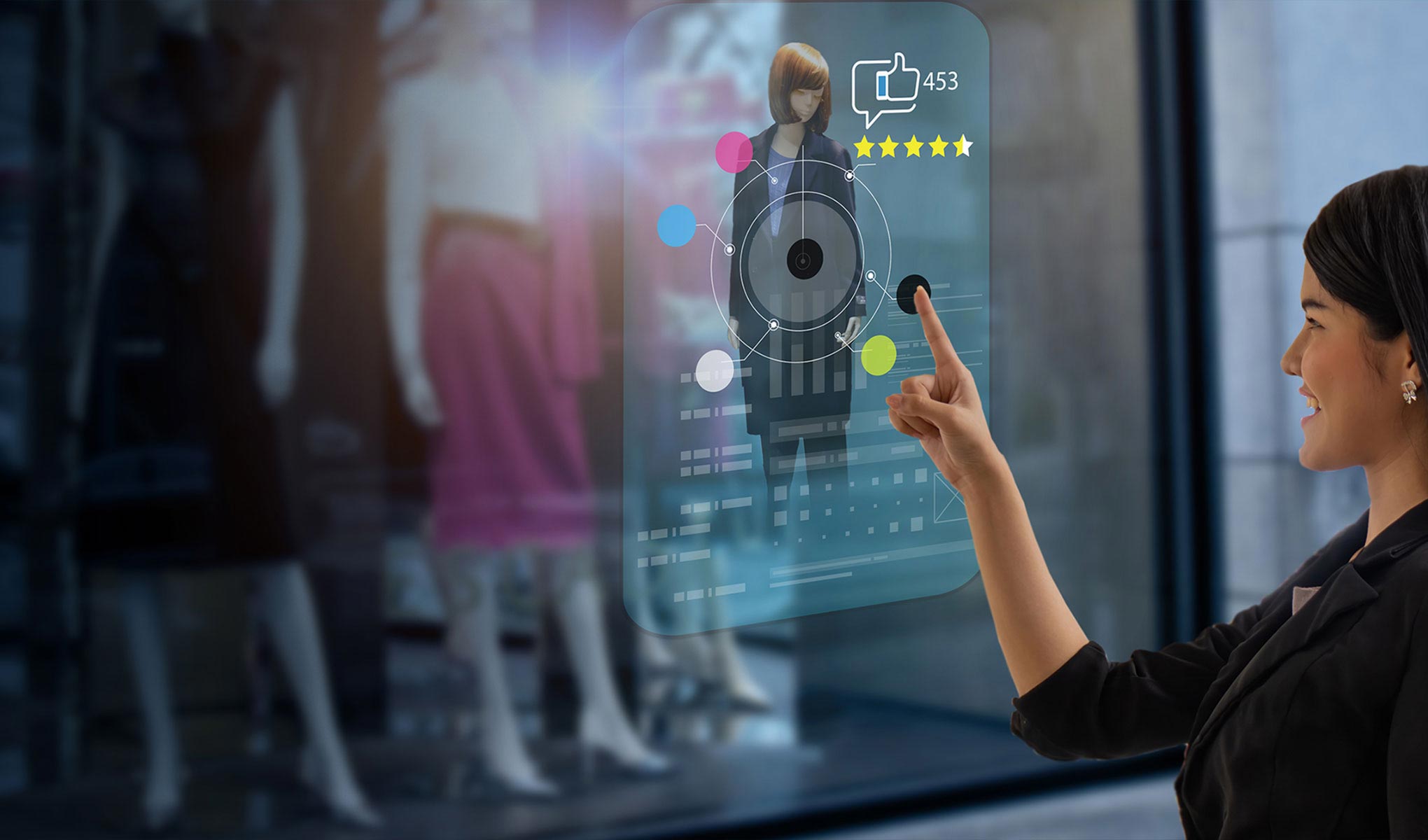The retail industry is undergoing a profound transformation, driven by evolving consumer expectations, technological advancements, and an increasing emphasis on sustainable business practices. At the forefront of this change are retail leaders, who are guiding their organizations through uncertainty while positioning them for long-term growth. Below are five pivotal trends shaping the future of retail leadership.
Prioritizing Digital Transformation
Digital transformation remains a critical focus for retail executives as e-commerce and mobile shopping maintain their dominance. Advanced technologies such as artificial intelligence (AI), big data analytics, and personalized marketing are no longer optional—they are essential tools for understanding consumer behavior and optimizing operations. To remain competitive in this fast-paced, digital-first environment, leaders must adopt innovative strategies and leverage state-of-the-art solutions to deliver seamless, engaging shopping experiences.
Promoting Sustainability and Ethical Practices
Sustainability has become a cornerstone of modern retail. Today’s consumers demand transparency, eco-friendly products, and ethical supply chains. In response, retail leaders are championing initiatives such as sustainable packaging, carbon-neutral logistics, and socially responsible sourcing. Integrating these practices into core business strategies not only aligns with consumer values but also enhances brand credibility and fosters innovation, contributing to a more resilient and socially responsible industry.
Fostering Talent Development
The future of retail depends on a strong, adaptable workforce. Forward-thinking leaders focus on employee growth with training, diversity initiatives, mentorship, and wellness support. These efforts foster a positive culture, drive innovation, and build teams ready to meet the industry’s evolving demands. Take Mary Barra, CEO of General Motors, as a case in point. By emphasizing employee development and engagement, she has successfully steered GM toward greater agility and a future-focused vision. Her dedication to upskilling employees for emerging technologies, such as electric and autonomous vehicles, highlights the pivotal role of talent development in driving organizational success.
Enhancing Customer Experience Through Technology
Emerging technologies like augmented reality (AR), virtual reality (VR), and AI-powered assistants are redefining customer interactions with retailers. These tools enable more immersive and frictionless shopping experiences, whether online or in-store, fostering greater engagement and loyalty. Retail leaders who strategically implement these innovations are better equipped to meet the evolving expectations of consumers, maintaining a strong competitive edge in an increasingly dynamic marketplace.
Leveraging Data for Strategic Decision-Making
Data-driven decision-making has become a cornerstone of effective retail leadership. By utilizing real-time analytics and actionable insights, leaders can optimize inventory, refine pricing strategies, enhance customer satisfaction, and drive profitability. The ability to translate complex data into meaningful, strategic actions offers a significant advantage in today’s retail landscape, empowering leaders to make smarter, faster, and more impactful decisions.
Sean Erez, a distinguished entrepreneur and executive with extensive experience in fashion, retail, and real estate, exemplifies the qualities required for modern retail leadership. Since 2012, Sean Erez Montreal has led Shop Under, a Montreal-based online retailer specializing in authentic luxury fashion, providing premium apparel to customers worldwide. The future of retail hinges on leaders embracing digital innovation, sustainability, talent development, transformative technologies, and data to build a resilient, future-ready industry.


